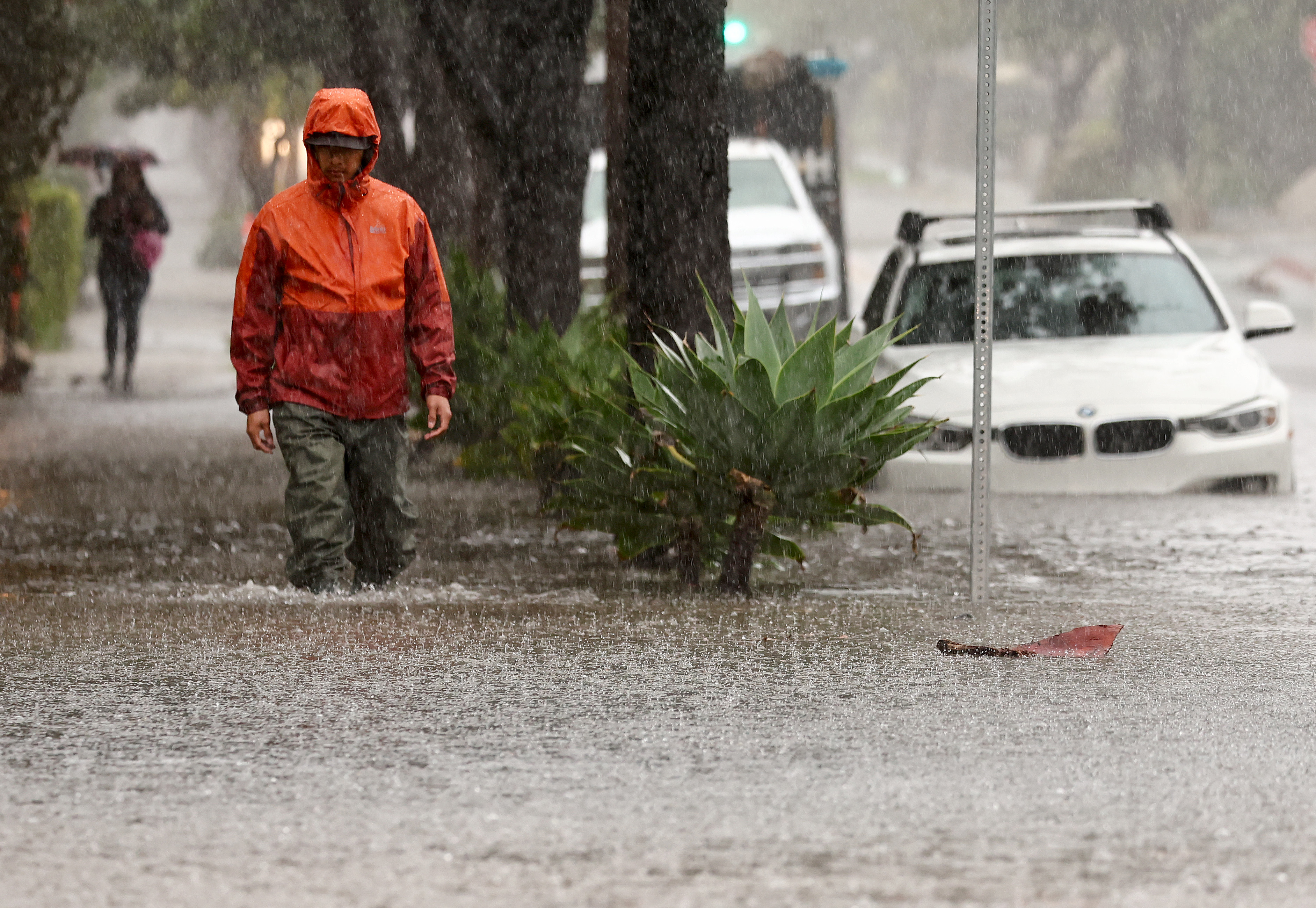A decade after a 24-year-old woman with bipolar disorder was released from custody and whose remains were found nearly a year later in the Malibu hills, friends and family pressed Friday for a new investigation into what happened to Mitrice Richardson.
Richardson disappeared Sept. 17, 2009 after being arrested on a misdemeanor offense after acting erratically at a Malibu restaurant and failing to pay her tab. She was held at the Lost Hills Sheriff's station and released in the middle of the night without her cellphone, wallet or car.
Her remains were found nearly a year later in the unincorporated community of Monte Nido, north of Malibu in the Santa Monica Mountains.
The handling of her case was criticized and after years of investigations by multiple agencies, there is still no cause of death that has been made public and sparse details about what happened to her in her last hours.
"I am here today because, yes, I want to find out what happened to Mitrice," said Dr. Ronda Hampton, a friend of Richardson. "What happened to her was wrong. You do not release a young woman in the middle of the night. You do not disregard the family who are fighting for her."
Sheriff Alex Villanueva said the sheriff's department has made improvements over the years in how it handles people with mental illness.
But he stopped short of calling for a new investigation into the case, saying several agencies, including the Coroner's Office, the District Attorney, the former California Attorney General and Office of Inspector General had already investigated and found no wrongdoing.
Local
Get Los Angeles's latest local news on crime, entertainment, weather, schools, COVID, cost of living and more. Here's your go-to source for today's LA news.
"It's been examined three different times and unless we have new information, that's not going to change," he said. "In 10 years we've learned a lot. We learned that we have to care. And we have to care in ways previously we didn't think about, particularly when it comes to the mentally ill."
Kim Baldonado contributed to this report.



